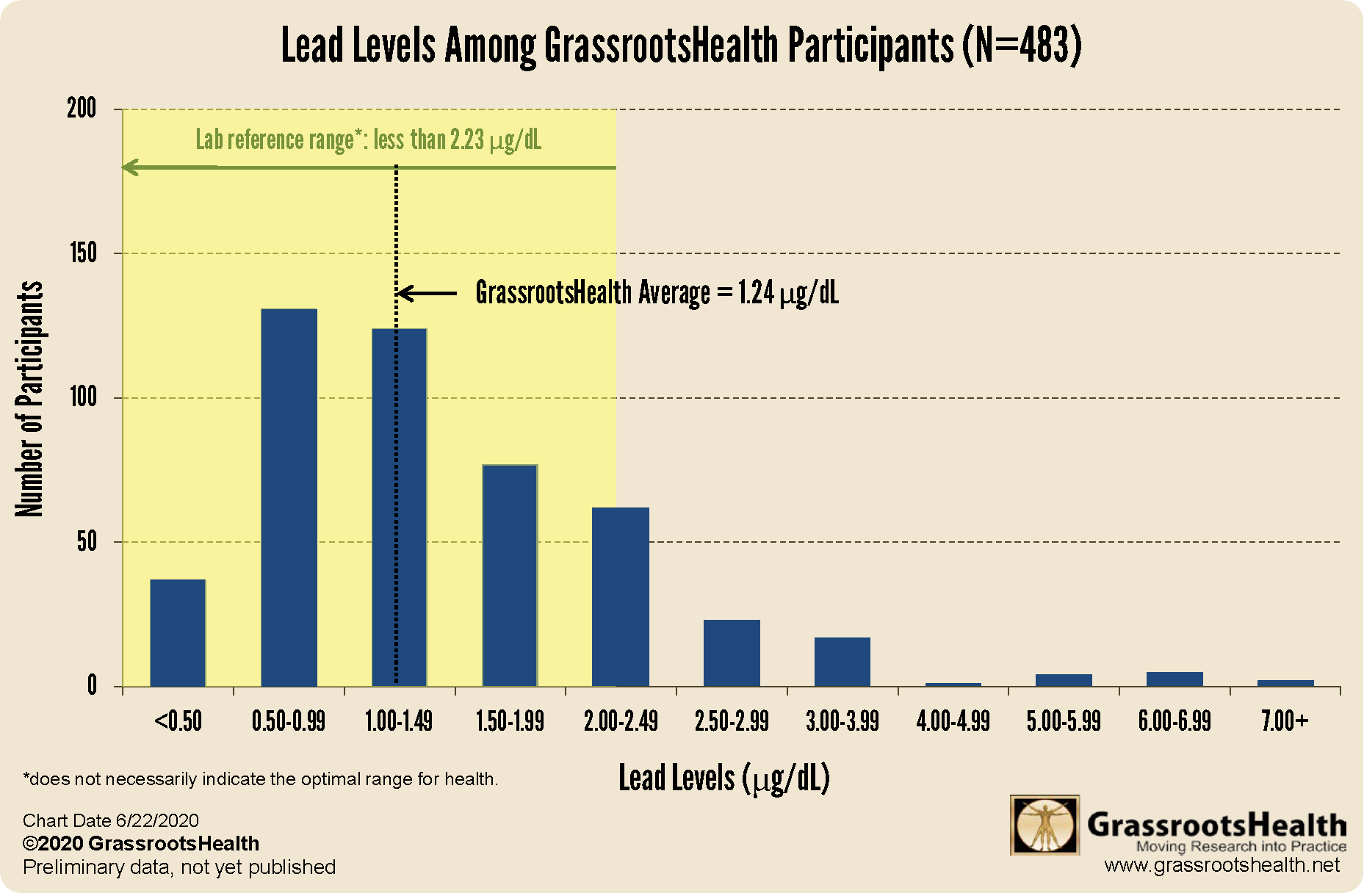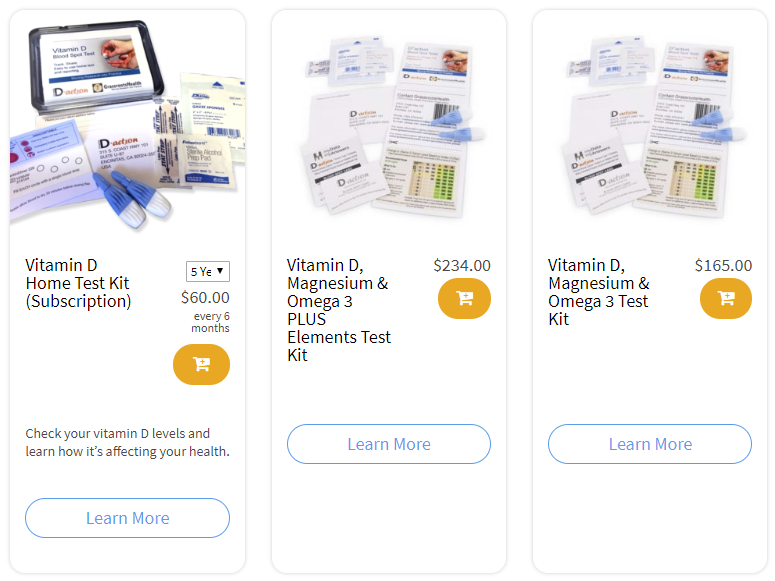Published on June 25, 2020
Lead is a metal from the earth’s crust that has been used in numerous products such as plaint, pipes, gasoline, and batteries. With the discontinuation of lead-based paint and leaded gasoline in most countries, exposure to the general public has significantly declined.
 Over time, low-level lead exposure can reduce vitamin D synthesis and affect the body’s cardiovascular, reproductive, and renal systems. Lead is particularly harmful to children because they absorb more lead than adults and their bodies are more vulnerable to its effects. In children, even low levels of lead in the blood can cause anemia, loss of hearing, lower IQ, hyperactivity, and behavior and learning problems. More information about lead can be found in this previous blog.
Over time, low-level lead exposure can reduce vitamin D synthesis and affect the body’s cardiovascular, reproductive, and renal systems. Lead is particularly harmful to children because they absorb more lead than adults and their bodies are more vulnerable to its effects. In children, even low levels of lead in the blood can cause anemia, loss of hearing, lower IQ, hyperactivity, and behavior and learning problems. More information about lead can be found in this previous blog.
In the spring of 2019, GrassrootsHealth started offering a lead test as part of the Elements Panel, which includes testing your vitamin D level along with essential elements magnesium, selenium, zinc, copper, and zinc:copper ratio, and toxic heavy metals cadmium, lead, and mercury.
What are Lead Levels among GrassrootsHealth Participants?
Among the 483 participants who tested their lead levels, the average level was 1.24 μg/dL. A majority (84%) had levels within the lab reference range (less than 2.23 μg/dL); this reference range indicates the range of typical results found in the population the lab serves but does not necessarily indicate the optimal range for health.
Additionally, 27 participants have completed at least two lead tests. Among these participants, one-third (33%) lowered their lead levels after their first test.
What is your level of lead and other toxic heavy metals?
Know your levels of the toxic heavy metals lead, cadmium and mercury, as well as important nutrients such as vitamin D, magnesium, zinc, copper and selenium. The Magnesium PLUS Essential Elements test kit includes a simple blood spot test to measure these nutrients for you! To know if you are getting enough, make sure you test today.
Are You Getting Enough Vitamin D to Help Yourself?
We’re in a time of great crisis that could be greatly affected by making sure you and everyone you know has a serum level of at least 40 ng/ml. Help us help you.
Do you know what your vitamin D level is? Be sure to test today to find out, and take steps to keep it within a target of 40-60 ng/ml or 100-150 nmol/L! Give your immune system the nutrients it needs to support a healthy you and protect yourself from unnecessary diseases.
GrassrootsHealth Nutrient Research Institute is preparing to do a Community RCT with the use of our myData-myAnswers nutrient health system that over 15,000 people are already using for their health. We will demonstrate how one can use the Nutrient Research Model established by Dr. Robert Heaney to establish the effect of vitamin D serum levels of at least 40 ng/ml (100 nmol/L) on risk reduction with different ethnicities in the population. Please let us know if you’re interested in helping sponsor this project.
CLICK HERE for updates and new information about the project.
Through GrassrootsHealth Nutrient Research Institute, you can also test your essential elements magnesium, copper, zinc and selenium, toxins such as lead, mercury and cadmium, as well as your omega-3 levels, inflammation levels and thyroid stimulating hormone (TSH) level. Find out your levels today! Log on to the test selection page (click the link below) to get your tests and see for yourself if your levels can be improved.
Make sure you track your results before and after, about every 6 months!
Click Here to Access the Test Page
How can I track my nutrient intake and levels over time?
To help you track your supplement use and nutrient levels, GrassrootsHealth has created the Personal Health Nutrient Decision System called
For each specific supplement, you can track what days you take it, how much, and many other details. This will help you know your true supplemental intake and what patterns of use work for you to reach and maintain optimum nutrient levels. Check it out today!









